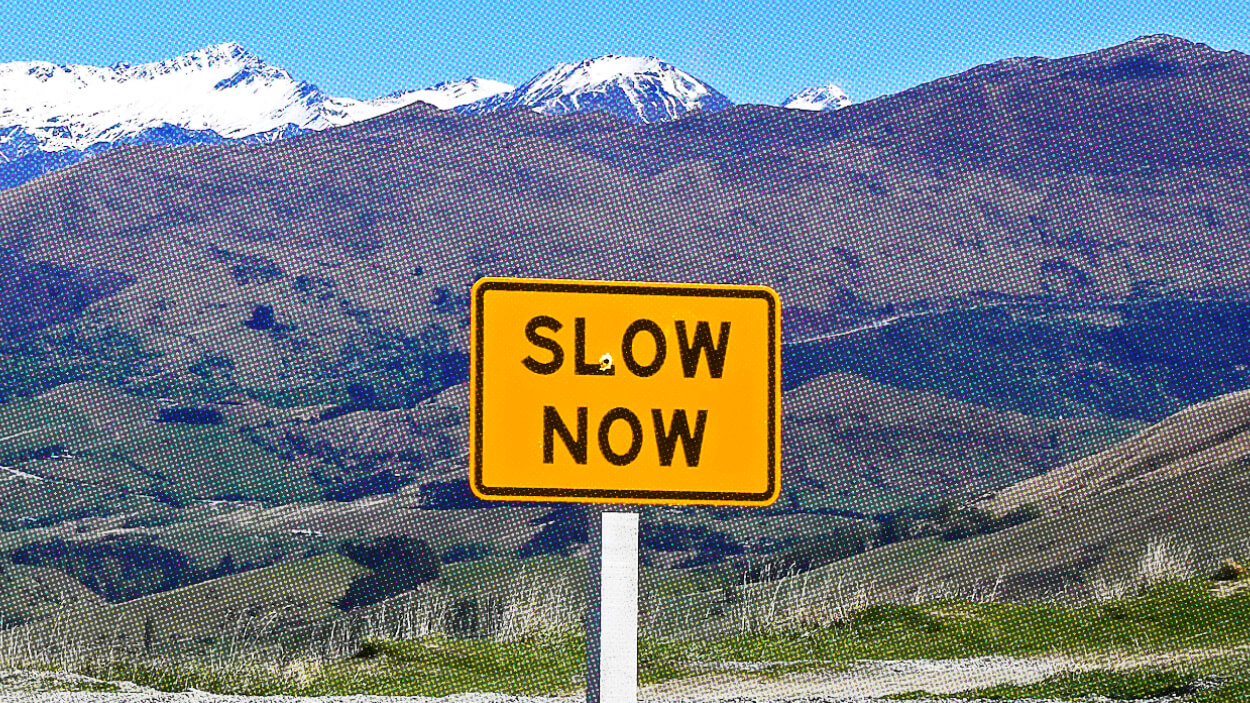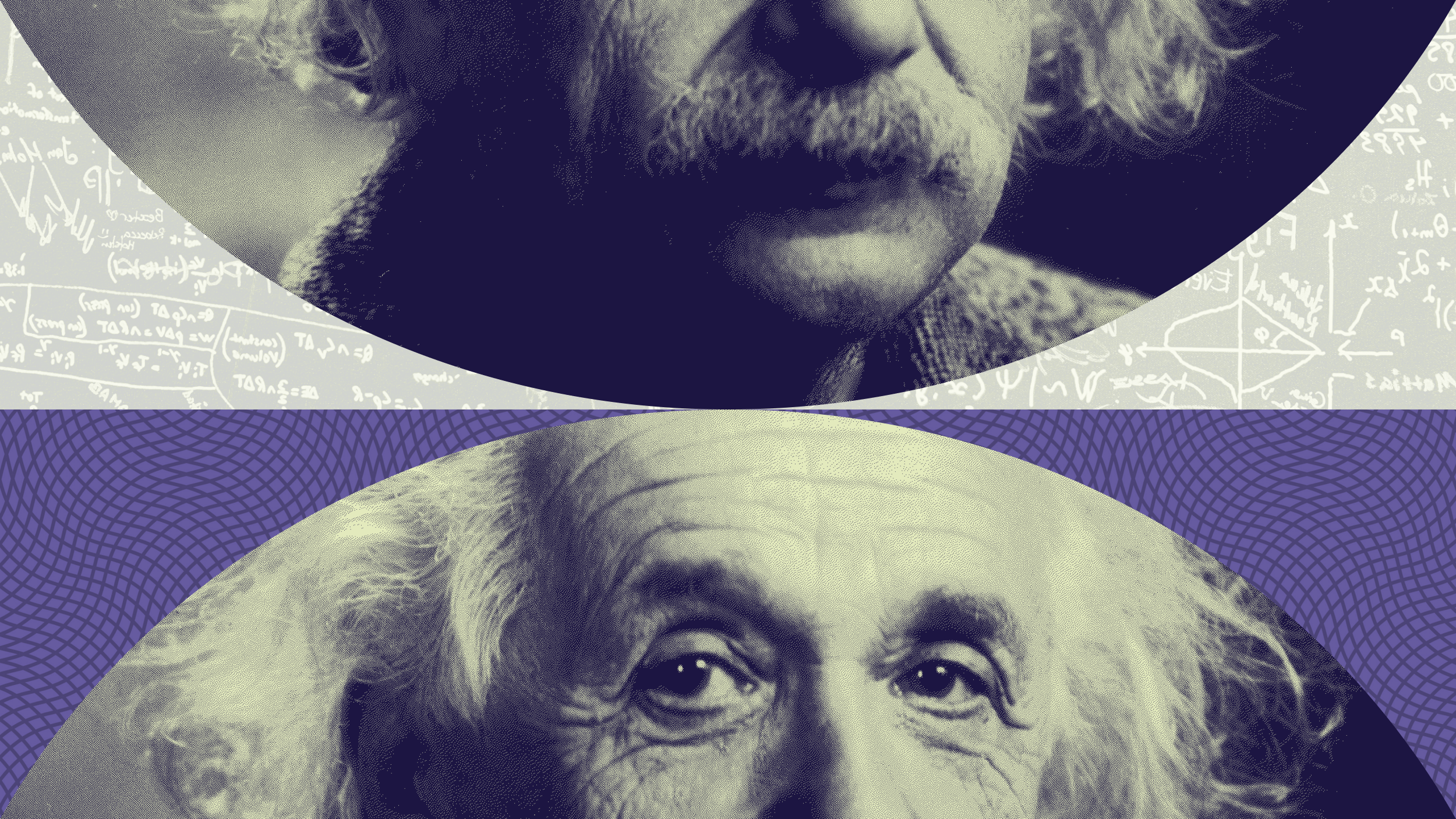In 1998 Glenn Roberts, a Charleston-based historic restoration consultant and thirty-year veteran of restaurant and hotel concept design, took his career in an entirely new direction. He founded a company,[…]
Sign up for the Smarter Faster newsletter
A weekly newsletter featuring the biggest ideas from the smartest people
As our disconnection from food grows more dissatisfying, the slow food movement is gaining steam.
Question: Why has the idea of “slow food” regained popularity?
rn
Glenn Roberts: I don’t think slow food ever went away; itrn just was on the fringe. I think everybody remembers Quaker Oats took rn45-minutes-to-an-hour to cook, if they’re my age. And now they take 30 rnseconds in a microwave. And I think that if that’s particular right rninside of the things I do because oats are a phenomenal part of the rnrotations of the crops we grow. But I use that a lot. Not because rnQuaker is evil, but because that’s a good representation of how we saw rnfood move from post-World War II until the middle '90s. And I think rnthat other people would see it as, "Oh fast food and fast food chain rnrestaurants" and they tie it immediately to food disease-related rnissues. I just see it as a diminishment of flavor over time. I see rnthese pop and crackle flavors I was always involved in the food rnproduction industry in hotels and restaurants. So, I saw chefs, as a rnrule, abandoning these multi-day stock reduction systems for cuisine andrn moving into systems that didn’t require that to save labor, save food rncosts—it actually is more expensive to not make stocks, but they were rnthinking they were saving food costs. And I watched that entire wave rnhappen while still the classics were still being taught worldwide. You rnknow, stock is endemic to civilization, it is not something we thought rnup to have a fine French restaurant.
And as I see the movement rnto then step away from trying to abbreviate things and as I watched rnpeople start to put the moniker together, Carlo Petrini being I guess rnthe first person that really popularized the idea, it was actually an rnoutgrowth, I think more from the fact that we didn’t want to lose rnsomething than the fact that we were losing something. A lot of people rnjust assumed that we didn’t want to lose something, whereas my interest rnin what happened with the people who did slow food and became interestedrn in slow food was, they thought they were retrieving something. And rnthe, I think, deep will to have some sort of authentic and meaningful rnnutrition is really where all this lives. And the word “authentic” has rnbeen beat to death so I hate to use it. So we could try for something rnelse, which would be there is a certain sort of marker over time for thern kinds of experiences that gives you sustenance and well being. And we rntalk about the idea of slow cooking, capturing that well being because rnit doesn’t blow so much out of food. When you don’t put fast heat to rnsomething, just mechanically, there’s more there when you’re done rncooking than if you try to cook the same thing in five minutes versus rncooking it in an hour.
rn
rnAnd there’s a lifestyle that goes with that, learning to be conscious rnwhile not present that goes with it, and I think that that idea then rnwould be... it’s highly feminine because it’s multi-layered and the rnmulti-phasic individuals on the planet usually are women. It comes to rnthem naturally, men not so much. But the idea then that cooking can rnbecome something you can do many, many different things at once without rntending to any one thing at any one time. And I think that is actually rnthe draw. I think people became bored with the idea that they were rndelivered everything and it became... they became—that’s the other thingrn that gets beat to death—we’re disconnected from our foods. Well, we rnwere disconnected from the process too; that the chef’s are not doing rnstock and all that. That all came about with the word "instant" and I rnthink that’s pretty much the zeitgeist. If it was instant, well then rnyou say, what’s next? And if you haven’t thought that through really, rnreally well, you get boredom.
Recorded on April 28, 2010
Interviewed by Priya George
rn
Glenn Roberts: I don’t think slow food ever went away; itrn just was on the fringe. I think everybody remembers Quaker Oats took rn45-minutes-to-an-hour to cook, if they’re my age. And now they take 30 rnseconds in a microwave. And I think that if that’s particular right rninside of the things I do because oats are a phenomenal part of the rnrotations of the crops we grow. But I use that a lot. Not because rnQuaker is evil, but because that’s a good representation of how we saw rnfood move from post-World War II until the middle '90s. And I think rnthat other people would see it as, "Oh fast food and fast food chain rnrestaurants" and they tie it immediately to food disease-related rnissues. I just see it as a diminishment of flavor over time. I see rnthese pop and crackle flavors I was always involved in the food rnproduction industry in hotels and restaurants. So, I saw chefs, as a rnrule, abandoning these multi-day stock reduction systems for cuisine andrn moving into systems that didn’t require that to save labor, save food rncosts—it actually is more expensive to not make stocks, but they were rnthinking they were saving food costs. And I watched that entire wave rnhappen while still the classics were still being taught worldwide. You rnknow, stock is endemic to civilization, it is not something we thought rnup to have a fine French restaurant.
And as I see the movement rnto then step away from trying to abbreviate things and as I watched rnpeople start to put the moniker together, Carlo Petrini being I guess rnthe first person that really popularized the idea, it was actually an rnoutgrowth, I think more from the fact that we didn’t want to lose rnsomething than the fact that we were losing something. A lot of people rnjust assumed that we didn’t want to lose something, whereas my interest rnin what happened with the people who did slow food and became interestedrn in slow food was, they thought they were retrieving something. And rnthe, I think, deep will to have some sort of authentic and meaningful rnnutrition is really where all this lives. And the word “authentic” has rnbeen beat to death so I hate to use it. So we could try for something rnelse, which would be there is a certain sort of marker over time for thern kinds of experiences that gives you sustenance and well being. And we rntalk about the idea of slow cooking, capturing that well being because rnit doesn’t blow so much out of food. When you don’t put fast heat to rnsomething, just mechanically, there’s more there when you’re done rncooking than if you try to cook the same thing in five minutes versus rncooking it in an hour.
rn
rnAnd there’s a lifestyle that goes with that, learning to be conscious rnwhile not present that goes with it, and I think that that idea then rnwould be... it’s highly feminine because it’s multi-layered and the rnmulti-phasic individuals on the planet usually are women. It comes to rnthem naturally, men not so much. But the idea then that cooking can rnbecome something you can do many, many different things at once without rntending to any one thing at any one time. And I think that is actually rnthe draw. I think people became bored with the idea that they were rndelivered everything and it became... they became—that’s the other thingrn that gets beat to death—we’re disconnected from our foods. Well, we rnwere disconnected from the process too; that the chef’s are not doing rnstock and all that. That all came about with the word "instant" and I rnthink that’s pretty much the zeitgeist. If it was instant, well then rnyou say, what’s next? And if you haven’t thought that through really, rnreally well, you get boredom.
Recorded on April 28, 2010
Interviewed by Priya George
▸
2 min
—
with





